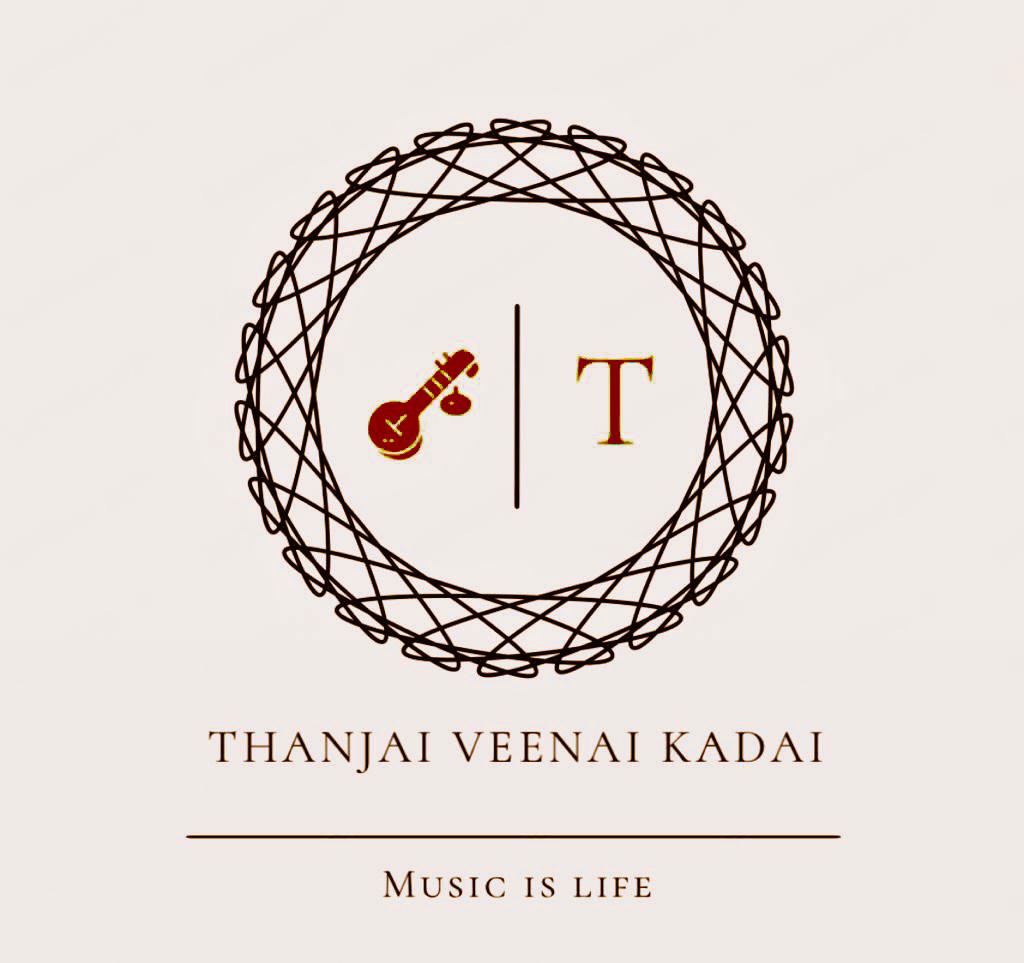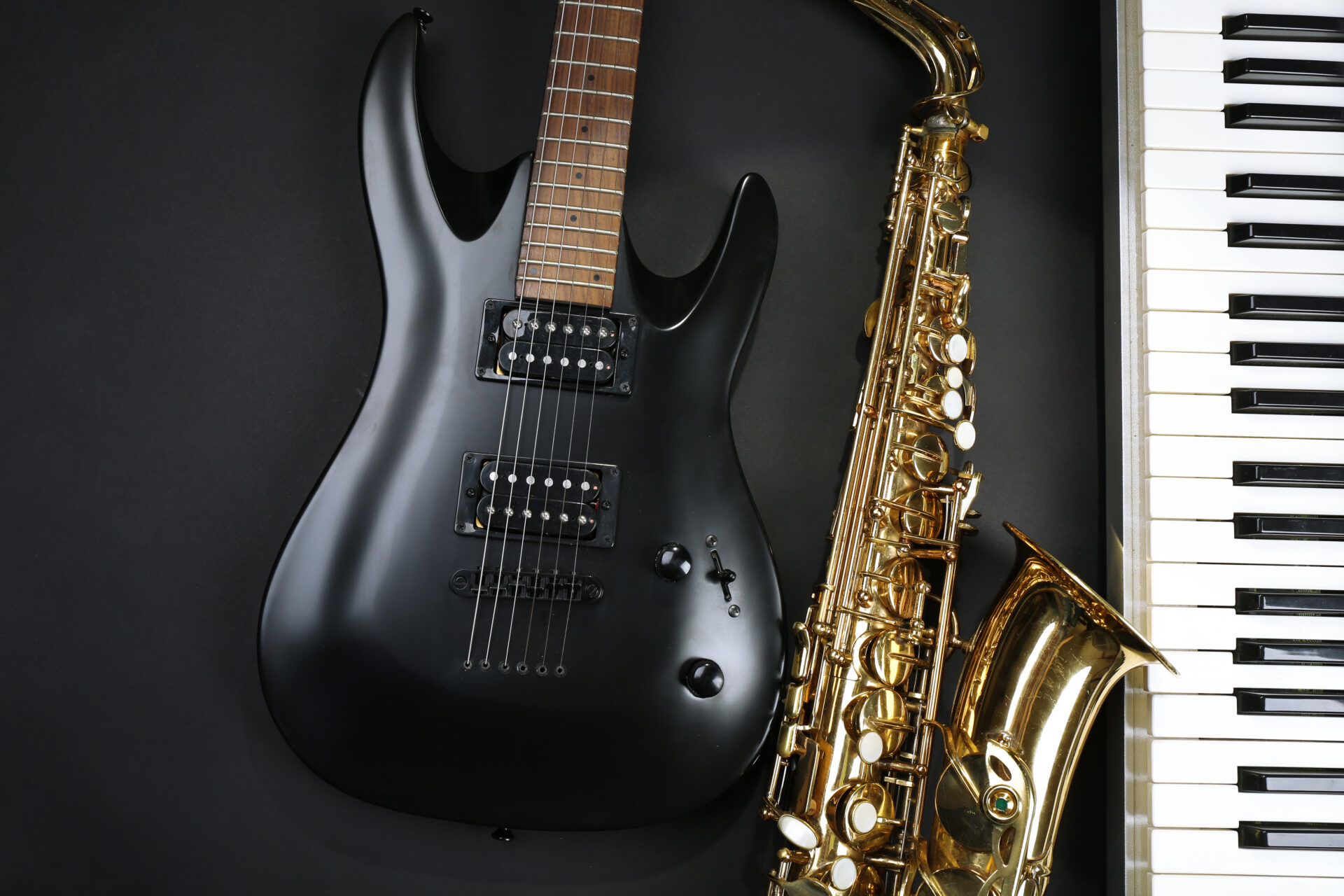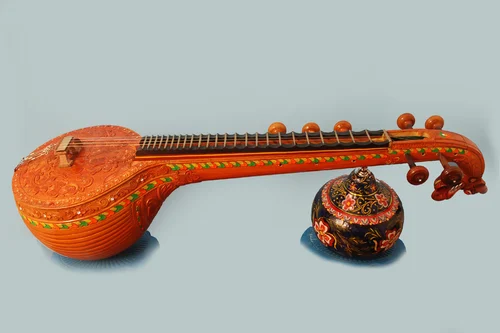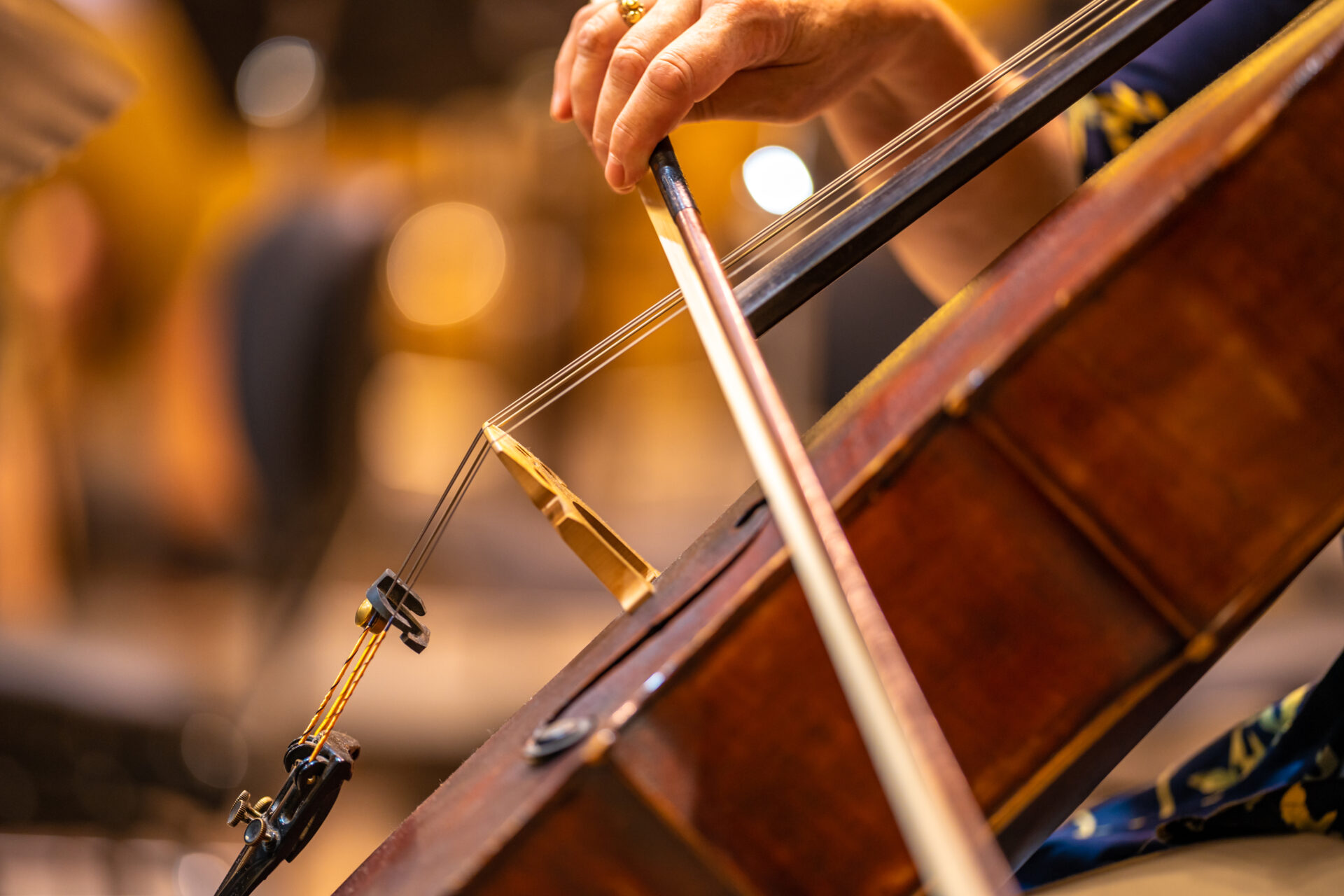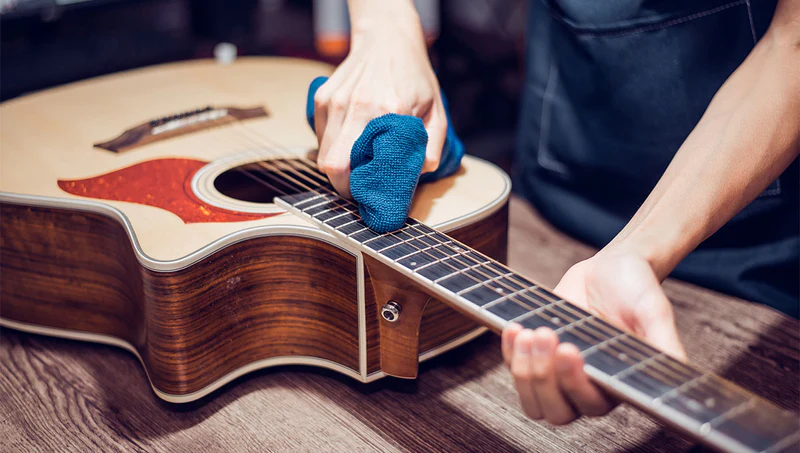History and Significance of the Veena in Thanjavur
The Veena is one of the oldest and most respected instruments in Indian classical music, dating back several thousand years. Its significance in Thanjavur is deeply connected to the Chola dynasty, which ruled from the 9th to the 13th centuries. The rulers of this dynasty were great patrons of art and culture, which allowed various forms of music and dance to flourish, including the craft of making Veenas.
Thanjavur has since become synonymous with the Veena due to its intricate and unparalleled craftsmanship. The “Tanjore Veena,” as it is popularly known, is a special type of Saraswati Veena, named after the Hindu goddess of wisdom and music. The mastery of Veena making has been passed down through generations of artisans in Thanjavur, ensuring the survival of this beautiful tradition.
The Craftsmanship Behind the Veena
Creating a Veena is no small feat. Each Veena is handcrafted using traditional techniques that have been perfected over centuries. Thanjavur artisans use specific types of wood, typically jackfruit wood, due to its strength and resonance quality. The process begins with selecting the perfect piece of wood, which is then carved meticulously by hand.
Key Components of the Veena
- Kudam (Resonator): The spherical part of the Veena that amplifies sound, typically carved from a single piece of wood.
- Dandi (Neck): The long hollow tube, fitted with frets, where the strings run along.
- Yali (Dragon Head): A beautifully carved dragon or lion head adorns the top of the neck, giving the instrument a regal look.
- Strings: The Veena has seven strings, four for melody and three for drone and rhythm. These are usually made of brass or steel.
- Fretted Board: The main playing surface, consisting of 24 brass frets, which allows the player to produce a wide range of notes.
-
What sets the Tanjore Veena apart from others is the precision and dedication that goes into making each piece. Every instrument is not just an instrument but a work of art that reflects the spiritual connection between the musician and music itself.
The Importance of Veena in Carnatic Music
In Carnatic music, the Veena is considered one of the most divine instruments. It is said to have a special ability to evoke the deepest emotions through its resonant sound. Historically, the Veena has been the favored instrument for many legendary Carnatic musicians, and its sound is often associated with the voice of the goddess Saraswati.
The Veena allows for a full range of expression, capable of delivering both melodic and rhythmic complexity. Its ability to mimic the human voice is unmatched, making it a unique instrument for performing complex compositions, known as ragas in Carnatic music.
Veena Learning and Training in Thanjavur
Thanjavur not only excels in the production of Veenas but also in teaching the art of playing this instrument. Numerous gurukuls (traditional music schools) and music academies in the region offer in-depth training in Veena playing. These institutions focus on the classical aspects of the instrument, following the traditional guru-shishya (teacher-student) method of learning, which emphasizes personalized, hands-on instruction.
Some of the most respected Veena exponents have come from Thanjavur, including names like Dhanammal, who revolutionized Veena playing in Carnatic music. Her legacy, along with others, continues to inspire many students to pick up the Veena and carry forward the rich tradition.
The Global Appeal of the Tanjore Veena
Though the Veena is a traditional Indian instrument, its appeal has transcended borders. Many musicians from around the world come to Thanjavur to acquire a hand-crafted Veena or to learn the intricacies of playing it. The unique sound of the Veena has made it a sought-after instrument in both traditional and contemporary world music circles.
Modern musicians and composers have started blending the Veena’s distinct sound with various genres, including fusion, film scores, and even Western classical music, further expanding its appeal.
Conclusion
Thanjavur’s contribution to Indian classical music, particularly through the art of Veena making, is unparalleled. The city’s unique blend of history, spirituality, and craftsmanship has made it the epicenter of Veena production and learning. Whether you’re a music enthusiast, a budding artist, or a professional musician, Thanjavur is the ultimate destination for anyone interested in the Veena. Its legacy continues to inspire new generations of musicians and ensure that this beautiful instrument remains an integral part of the global music landscape.
